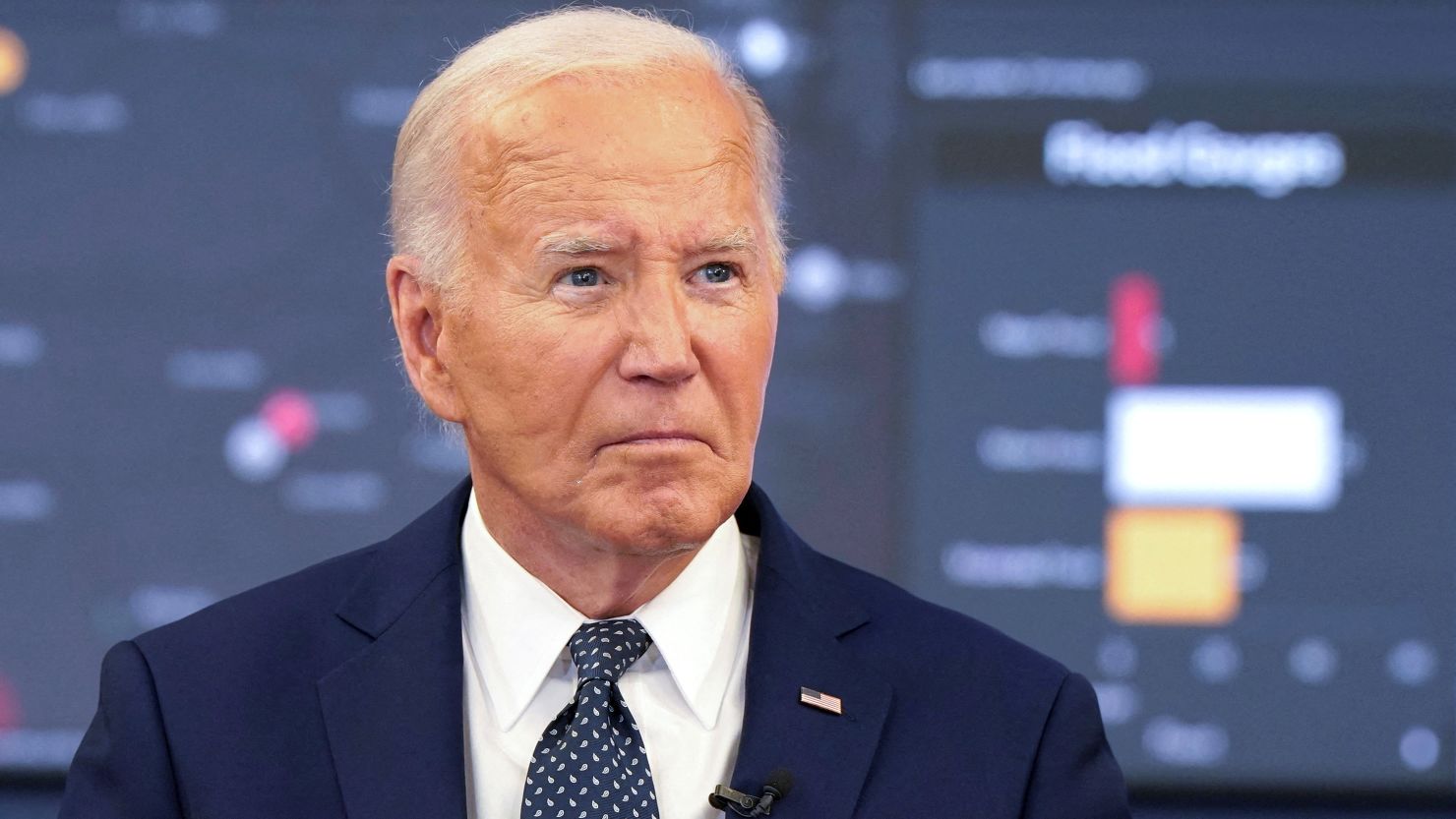Journalists Uncover the Scope of Media’s Attempts to Protect Joe and Hunter Biden
New revelations are shedding light on what some critics describe as a coordinated media effort to shield President Joe Biden and his son, Hunter Biden, from negative press coverage. These reports suggest that certain news outlets intentionally downplayed issues related to the Biden family’s financial dealings and the president’s mental health, particularly as he campaigned for and ultimately assumed the presidency. Allegations of this media bias, some argue, trace back to well before Biden took office, with critics claiming that major news organizations avoided reporting on potentially damaging stories that could hurt Biden’s public image.
One notable claim comes from former Politico reporter Marc Caputo, who revealed in a podcast interview that he had written a report in 2019 detailing Hunter Biden’s financial troubles, including a tax lien tied to his work with the Ukrainian energy company Burisma. Caputo claimed that the story, based on opposition research from Biden’s rivals, was suppressed by his editors. At the time, Biden was the frontrunner in the 2020 Democratic race, and Caputo believes that had the story involved another political figure, it would have been published without hesitation. The suppression of this report, according to Caputo, suggests an effort within the media to protect Biden’s image during a critical period in the primary race.
The media coverage—or lack thereof—of Hunter Biden’s legal and financial issues continued to raise eyebrows in the months leading up to the 2020 presidential election. In October 2020, the New York Post published its now-infamous story about Hunter Biden’s laptop, which provided details about his overseas business dealings and raised questions about potential connections to his father. Caputo claims that when he approached his editor at Politico to push for coverage of the laptop story, he was instructed not to publish it. This directive, Caputo believes, reflected a broader effort to control the narrative surrounding Hunter Biden and his family, potentially sparing Biden from damaging scrutiny during his presidential campaign.
This pattern of media self-censorship extended beyond Politico. In a recording obtained by Project Veritas, CNN executives, including political director David Chalian, were allegedly heard instructing staff not to cover the Hunter Biden laptop story. The leaked audio from Chalian’s conversation with colleagues on the day of the Post’s report included the remark, “Obviously, we’re not going with the New York Post story right now on Hunter Biden,” suggesting that CNN was deliberately avoiding coverage of the story.
Even reporters at outlets like Politico expressed frustration with the approach to Hunter Biden’s story. Former Politico reporter Tara Palmeri, who had reported on a gun-related incident involving Hunter Biden, noted that her outlet took a slow, methodical approach to confirming the details before publishing. She questioned whether the same standard would have been applied to a different political figure, suggesting that media outlets may have treated Biden’s family with an undue level of caution due to his political status.
Beyond Hunter Biden’s financial troubles, concerns about President Biden’s health have also been notably underreported. A report from the Wall Street Journal in 2021 indicated that White House staff had observed fluctuations in Biden’s energy levels, with “good days and bad days” necessitating schedule adjustments. Other journalists anonymously described Biden’s public appearances as occasionally “stiff” or “old,” with his responses sometimes appearing short or carefully coached. These observations contributed to a growing narrative about potential cognitive decline, which some believe has been downplayed by mainstream media.
The suppression of these stories has led to claims that the media not only protected the Biden family but also distorted the public’s understanding of the administration’s issues. Critics argue that this selective reporting compromises the role of the press as a watchdog and undermines the public’s right to know about the health and actions of its leaders. These concerns have been further amplified in an era where trust in the media is already on the decline. The revelations about media bias and self-censorship have sparked debates about the integrity of journalism, with some accusing news organizations of prioritizing political loyalties over their responsibility to provide accurate, impartial reporting.
Supporters of legacy media outlets argue that editorial standards are crucial in preventing the spread of misinformation and ensuring that stories are carefully fact-checked. However, critics contend that these same editorial processes have been misused to suppress stories that might be inconvenient for powerful political figures, thereby protecting their image at the expense of transparency.
The debate over media bias and self-censorship is unlikely to end anytime soon. As more details emerge and former insiders speak out, the scope of media protection for Joe and Hunter Biden is coming under increased scrutiny. This ongoing issue has significant implications for the future of journalism and the role of the press in a democracy. The revelations point to the crucial importance of transparency and accountability in the media, as the public’s trust in news organizations continues to erode.
In the end, these revelations about media coverage—or the lack thereof—raise important questions about the role of the press in holding political figures accountable. The impact of media self-censorship, particularly when it involves high-profile political figures like President Biden and his family, is undeniable. As this issue continues to unfold, it highlights the need for a free and independent press that is committed to providing the public with a complete and honest picture of the political landscape. Whether these actions represent a deliberate attempt to protect Biden or a failure of journalistic integrity remains a point of contention, but the debate is likely to continue as both media outlets and political figures grapple with the consequences of such practices.
